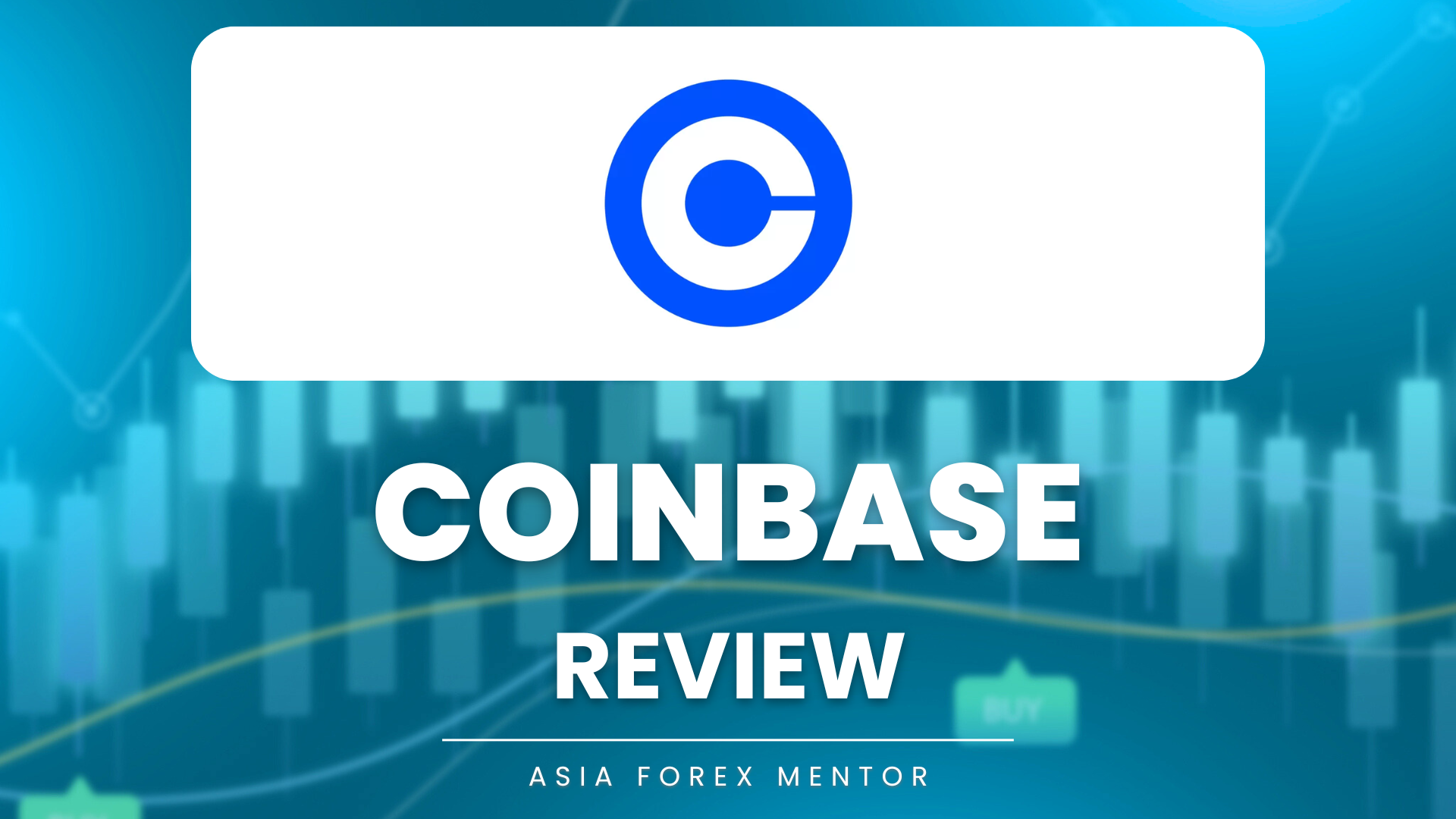As the decentralized finance (DeFi) sector continues to grow, so does the need for robust protection against the various risks associated with this innovative financial landscape. DeFi insurance is a revolutionary concept that offers decentralized coverage to secure your crypto assets against unforeseen events. In this article, we’ll explore the essentials of DeFi insurance, how it works, the top platforms to consider, and why it’s becoming increasingly important in 2024.
DeFi insurance platforms have emerged to address these risks, offering decentralized, community-driven insurance solutions. The AFM team has analyzed the top five DeFi insurance platforms that are leading the way in 2024, providing crucial insights into why these platforms stand out.
What is DeFi Insurance?
DeFi insurance is a form of decentralized coverage designed to protect users against specific risks inherent in the DeFi space, such as smart contract failures, hacks, and other vulnerabilities. Unlike traditional insurance, which relies on centralized entities, DeFi insurance operates on blockchain technology, utilizing smart contracts and decentralized pools to manage risk and execute claims. This innovative approach offers increased transparency, security, and accessibility, making it an attractive option for crypto investors.
Also Read: The Expansion of Decentralized Finance (DeFi)
How DeFi Insurance Works
DeFi insurance platforms function by allowing users to purchase coverage through decentralized protocols. These platforms often use smart contracts to automate the process, ensuring that claims are handled efficiently and without the need for intermediaries. Coverage types can vary, but common policies include protection against smart contract exploits, exchange hacks, and the de-pegging of stablecoins.
The role of oracles is crucial in DeFi insurance, as they provide the necessary external data to trigger payouts. For instance, if a smart contract is exploited, the oracle will confirm the event, leading to the automatic execution of the claim via the smart contract. This seamless process ensures that users are compensated quickly and transparently.
Top 5 DeFi Insurance Platforms in 2024
1. Nexus Mutual
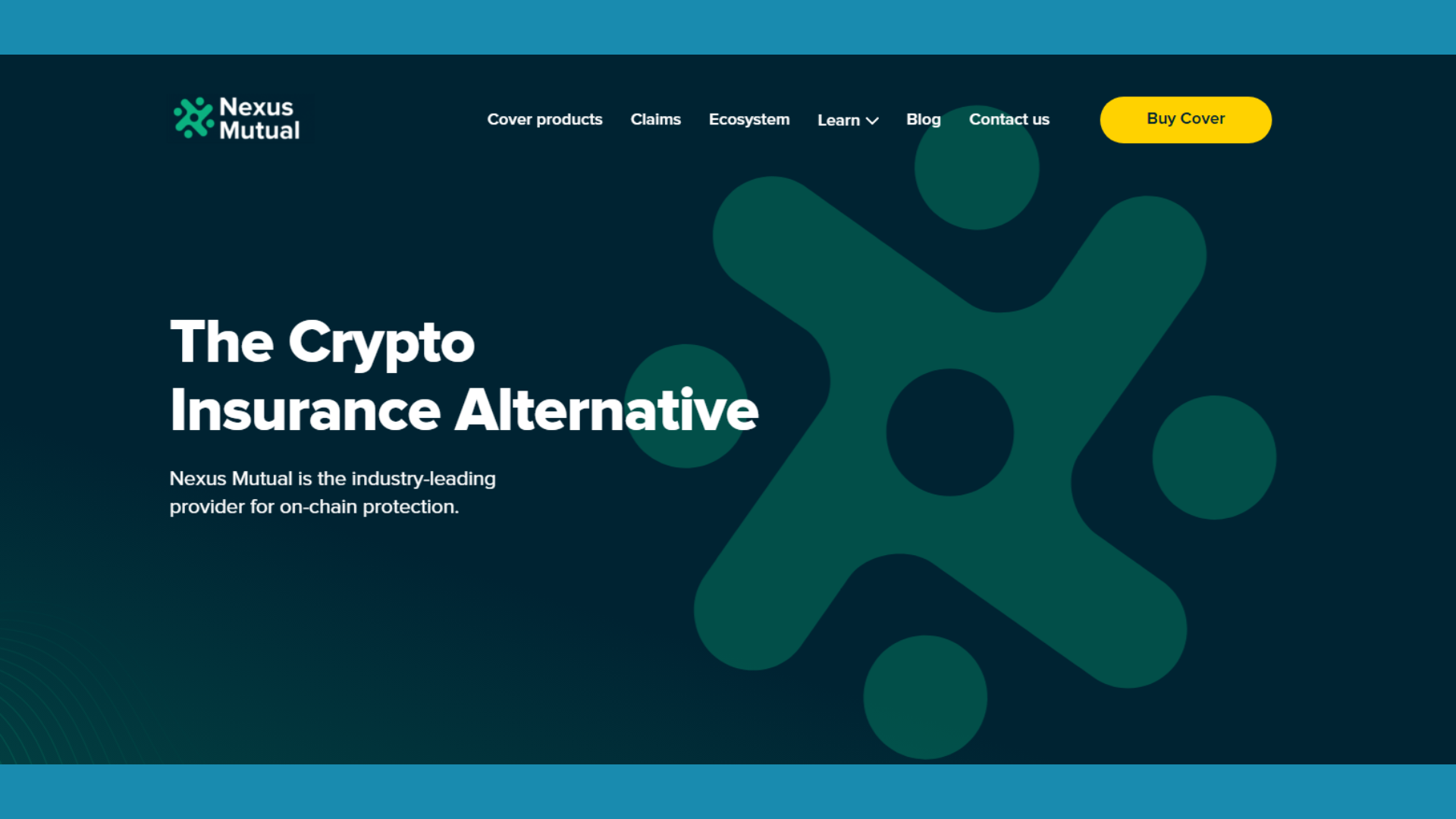
Nexus Mutual is a pioneer in the DeFi insurance industry that offers a decentralized alternative to traditional insurance. Launched on the Ethereum blockchain, Nexus Mutual allows users to insure against a range of risks, including smart contract bugs, exchange hacks, and custodian risk. What differentiates Nexus Mutual is its member-driven approach. Holders of the platform’s native token, NXM, are not just policyholders but also play an active role in governance, including assessing claims and voting on important decisions.
One of Nexus Mutual’s most notable real-world applications was during the Yearn Finance hack, where the platform paid out over $2.7 million in claims. This incident demonstrated Nexus Mutual’s commitment to transparency and its effectiveness in delivering timely support to its users. The platform’s focus on community governance and decentralized risk management makes it a preferred choice for those looking for a transparent and reliable insurance solution in the volatile DeFi market.
2. InsurAce
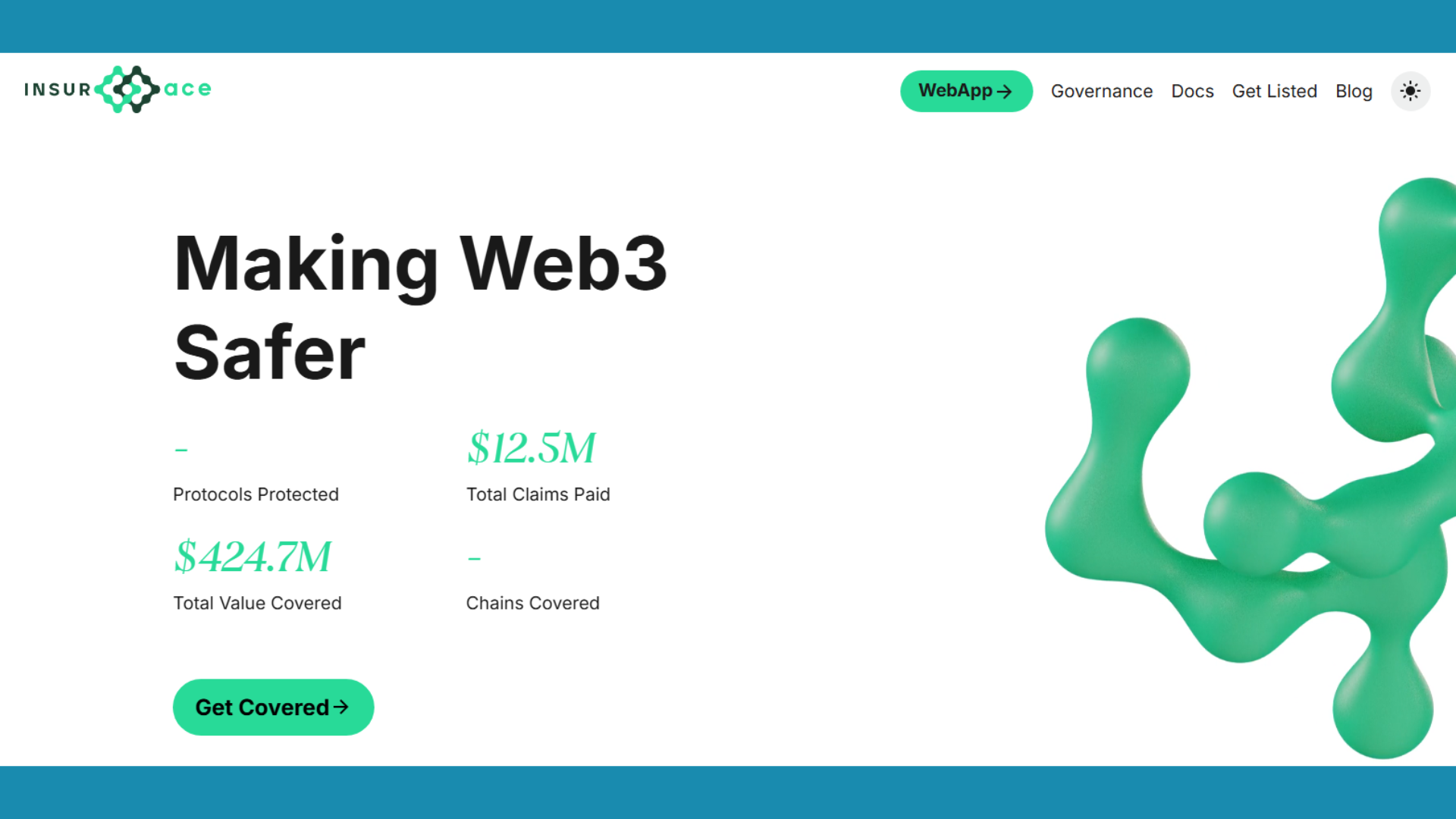
InsurAce has gained recognition for its multi-chain insurance capabilities, offering comprehensive coverage that spans various blockchain networks. Unlike traditional insurance, InsurAce is designed to be cost-effective and highly capital-efficient, thanks to its innovative pricing models that significantly lower premiums. This affordability has made InsurAce accessible to a broader audience, including smaller investors who may have been priced out of other insurance options.
A key feature of InsurAce is its portfolio-centric insurance products, which allow users to protect multiple assets across different DeFi protocols under one policy. This not only simplifies risk management but also enhances coverage flexibility. InsurAce’s commitment to offering scalable and affordable insurance solutions has solidified its reputation as a go-to platform for DeFi users who need reliable, cost-effective coverage.
3. Bridge Mutual
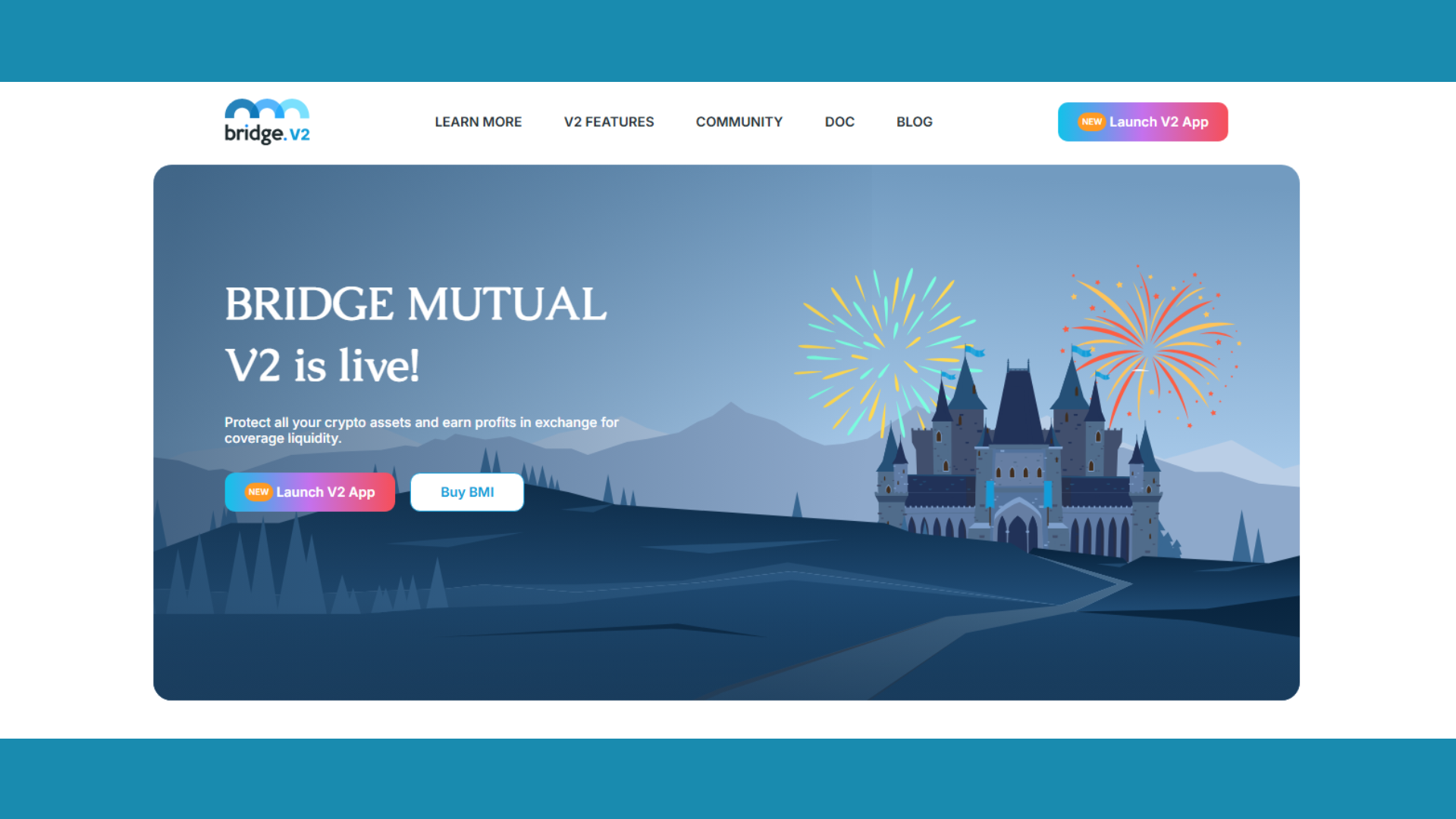
Bridge Mutual offers a unique peer-to-peer insurance model that emphasizes community participation and decentralization. The platform provides coverage for a range of DeFi-related risks, including smart contract vulnerabilities, exchange hacks, and the risk of stablecoins losing their peg. Bridge Mutual’s approach is community-driven, allowing users to stake their BMI tokens to earn rewards and participate in the governance process, including voting on claims.
With over $6 million in claims processed, Bridge Mutual has demonstrated its ability to handle insurance payouts efficiently and transparently. The platform’s user-centric design and focus on quick, reliable claims processing have made it a strong contender in the DeFi insurance market. The combination of peer-to-peer risk sharing and robust governance makes Bridge Mutual an attractive option for those seeking active involvement in their insurance choices.
4. Unslashed Finance
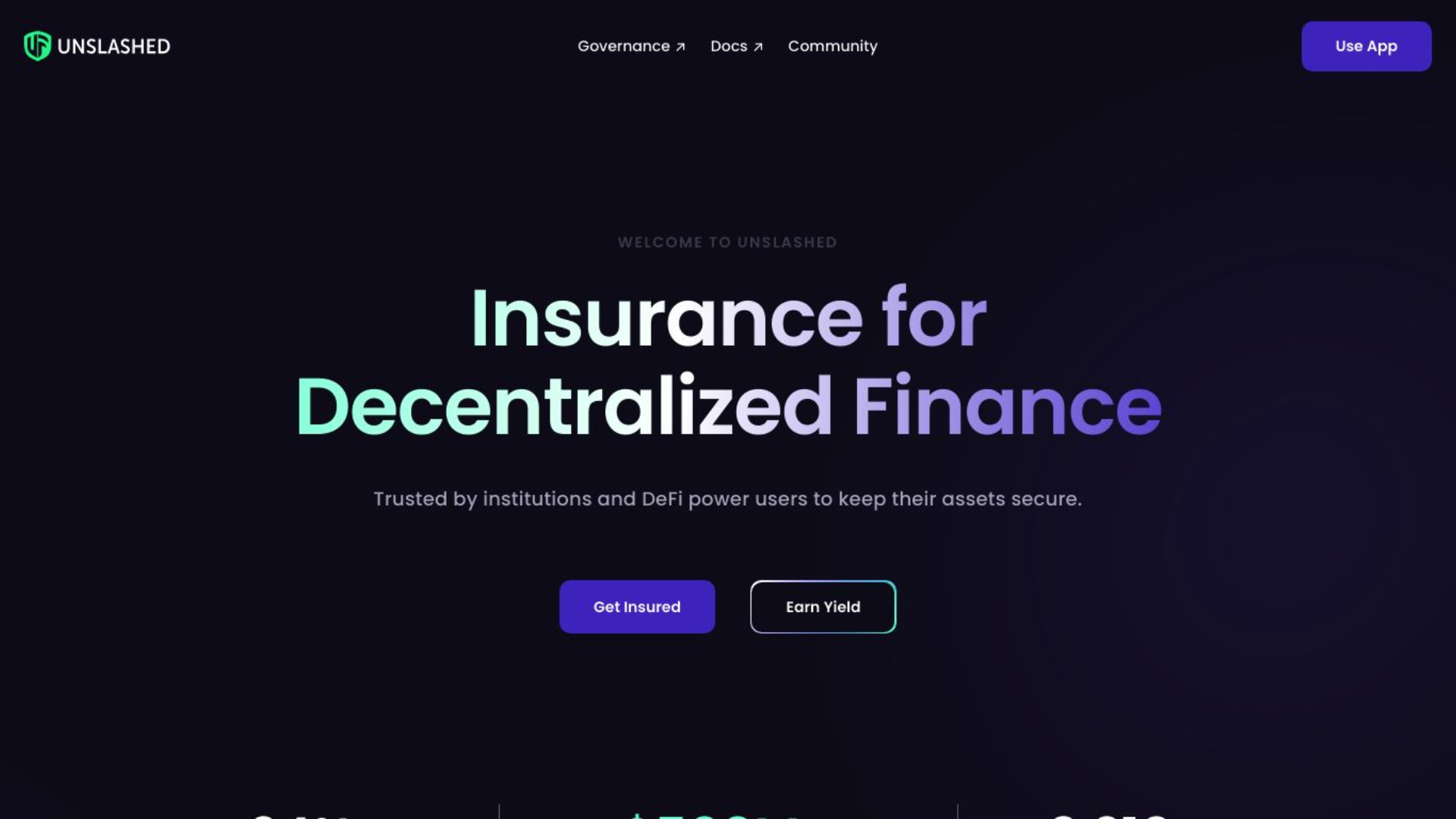
Unslashed Finance specializes in providing insurance for staking activities, which are increasingly important as networks like Ethereum 2.0, Polkadot, and Cosmos continue to grow. The platform offers protection against slashing events—where validators lose a portion of their staked assets due to network infractions—which can be particularly devastating in the staking ecosystem.
Unslashed Finance operates on a mutual model that emphasizes transparency and community involvement. Users can stake their assets, contribute to governance decisions, and earn rewards, making it an engaging and potentially profitable experience. The platform’s success in processing over $100 million in staked assets and its history of successful claims payouts highlight its reliability and effectiveness in protecting stakers against significant financial losses.
5. Tidal Finance
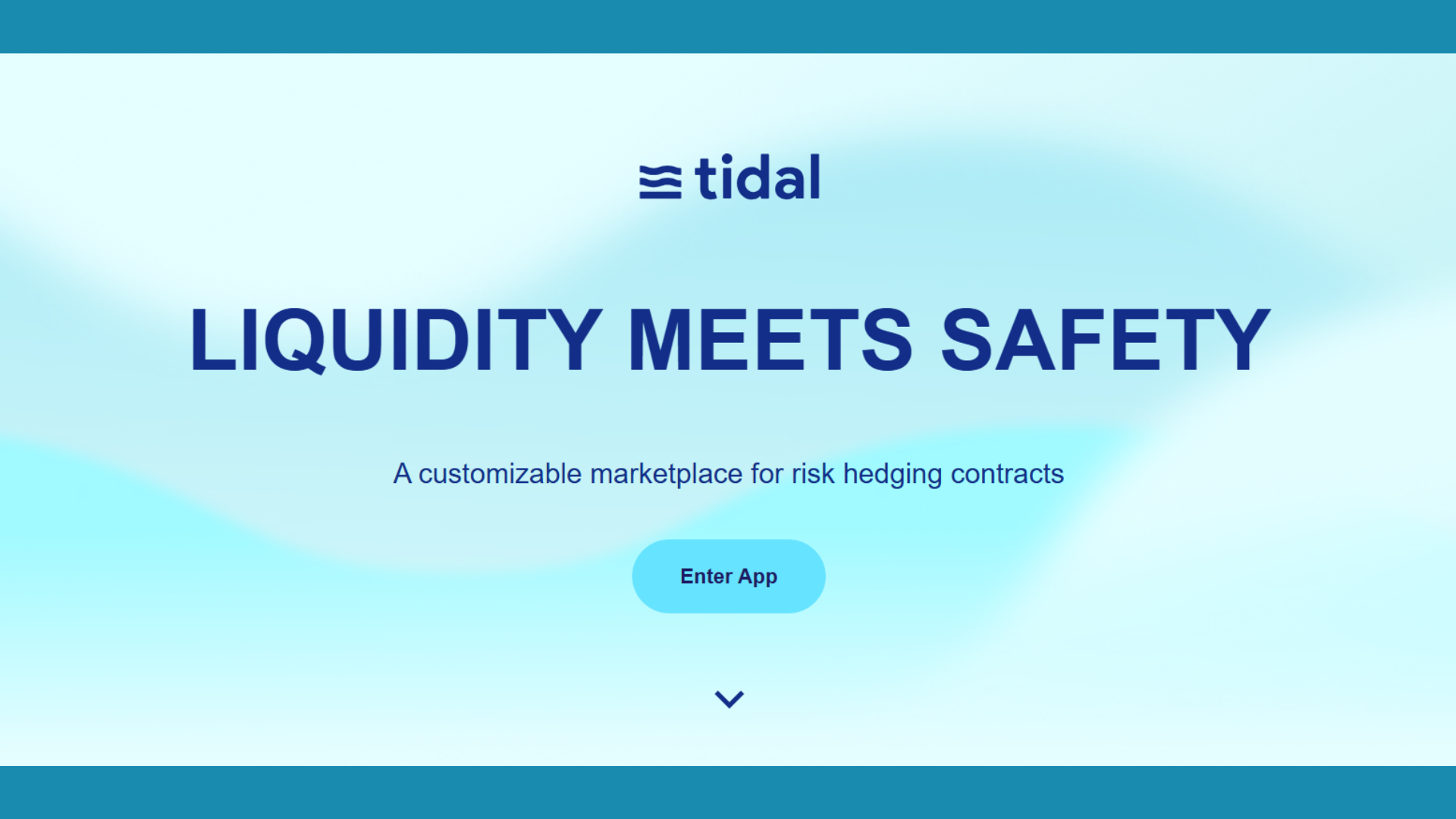
Tidal Finance is a cross-chain insurance aggregator that brings a new level of flexibility to DeFi insurance. It connects buyers and sellers of insurance across multiple blockchain networks, offering diversified coverage options that can be tailored to a wide range of DeFi protocols. Tidal Finance’s approach to capital efficiency ensures that users get the most coverage for their investment, with automatic payouts designed to be quick and seamless.
The platform’s emphasis on risk diversification is particularly appealing to users who have assets spread across different blockchains and want comprehensive protection in a single place. Tidal Finance’s innovative approach to decentralized insurance has made it a key player in the DeFi space, providing essential coverage that adapts to the evolving needs of the market.
Benefits of DeFi Insurance
DeFi insurance offers several key benefits over traditional insurance:
- Decentralization and Transparency: By removing intermediaries, DeFi insurance provides greater transparency and trust. All transactions and policies are recorded on the blockchain, making them publicly verifiable.
- Lower Costs: Without the overhead associated with centralized insurance companies, DeFi insurance can offer lower premiums and better rates.
- Global Accessibility: DeFi insurance is available to anyone with an internet connection, regardless of location. This global reach makes it a viable option for crypto investors worldwide.
- Customization: DeFi insurance platforms often allow users to customize their coverage to fit their specific needs, offering more flexibility than traditional insurance policies.
Risks and Challenges of DeFi Insurance
Despite its advantages, DeFi insurance is not without risks. Smart contract vulnerabilities, oracle manipulation, and the regulatory landscape are all potential challenges that users need to be aware of. Additionally, because DeFi insurance is still a relatively new concept, it may not offer the same level of comprehensive coverage as traditional insurance, particularly in cases of systemic failures across multiple platforms.
How to Choose the Right DeFi Insurance for Your Needs
When selecting a DeFi insurance platform, consider the following factors:
- Risk Profile: Assess the specific risks associated with your DeFi activities and choose coverage that addresses these risks.
- Platform Credibility: Research the platform’s history, security measures, and community feedback to ensure it is reputable and reliable.
- Policy Terms: Carefully review the terms and conditions of the insurance policy, paying attention to any exclusions or limitations.
- Diversification: Consider spreading your coverage across multiple platforms to mitigate the risk of platform-specific failures.
Conclusion
The world of DeFi insurance is changing fast, and it’s fascinating to see platforms like Nexus Mutual, InsurAce, Bridge Mutual, Unslashed Finance, and Tidal Finance at the forefront of this revolution. Each of these platforms brings something different to the table, designed to meet the varied needs of those involved in decentralized finance. As DeFi continues to expand, having strong, decentralized insurance options becomes increasingly crucial. These platforms are essential tools for anyone serious about protecting their investments in this innovative financial landscape.
By using these top DeFi insurance platforms, users can confidently explore the DeFi space, knowing their investments are safeguarded against potential threats. The AFM team remains committed to providing expert insights into the latest developments in the DeFi sector, ensuring our clients and readers are well-equipped to make informed decisions.
Also Read: Top 5 Best SocialFi Crypto Projects to Look Forward in 2024
FAQs
What types of risks does DeFi insurance cover?
DeFi insurance typically covers a variety of risks associated with decentralized finance activities. This can include smart contract failures, where a bug or vulnerability in the contract leads to financial loss; exchange hacks, where user funds are stolen from a decentralized exchange; and stablecoin de-pegging, where a stablecoin loses its intended value. Some platforms also offer coverage for slashing events in staking, oracle failures, and more. It’s important to review the specific coverage options offered by each platform to ensure it meets your needs.
How does the claims process work in DeFi insurance?
The claims process in DeFi insurance usually involves the use of smart contracts and community governance. When an insured event occurs, such as a smart contract hack, users can file a claim through the platform. The validity of the claim is typically verified by an oracle or through community voting. Once the claim is validated, the payout is automatically executed by a smart contract. This process is designed to be transparent and efficient, minimizing delays and disputes that are common in traditional insurance.
Why is DeFi insurance important?
DeFi insurance is crucial for mitigating the risks inherent in the decentralized finance ecosystem. It provides a safety net against unforeseen events like hacks or contract failures, offering peace of mind to investors and helping to stabilize the broader DeFi market.






